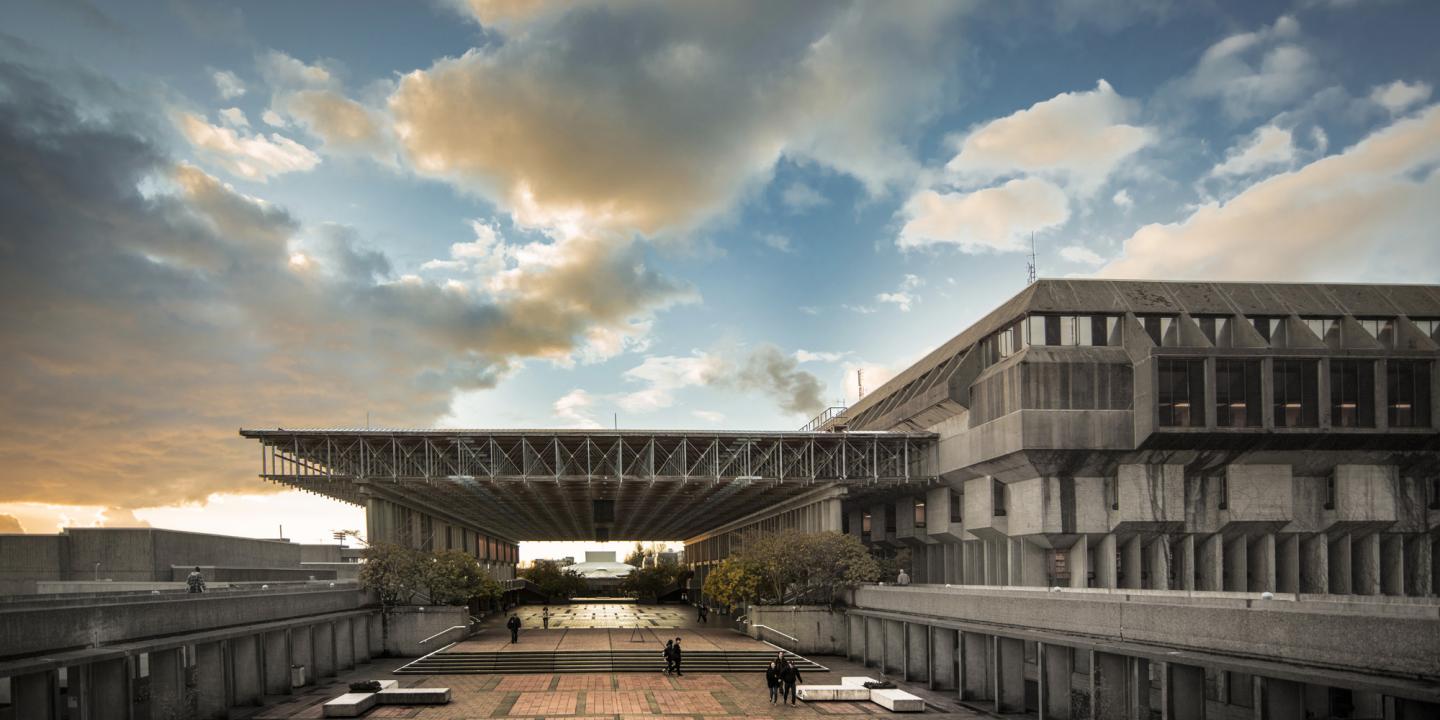Simon Fraser University
The Simon Fraser University PIMS site office is located in the Technology and Science Complex (TASC) 2 building on the Burnaby campus of Simon Fraser University (Map).
Image

Educational, Workshop
SFU Math Camps for Students
Every year, during the last week of June, we are hosting regional CMS Math Camps for students from grades 8, 9 and 10. The CMS Math Camps, which are organized annually at several universities across Canada, are designed to provide students in grades...
Educational, Workshop
SFU Math Camps for Students
Educational, Summer School
SFU Math Camp for Teachers
For the first time this year, we will be offering a Math Camp for Teachers, June 27 - 30, 2011, at the SFU Burnaby Campus. The Camp is designed for teachers who teach mathematics in middle and high school. This year's theme is "Teaching Through...
Educational, Workshop
A Taste of Pi
We are happy to continue our series “A Taste of Pi”. The fifteenth part of this successful series of talks and activities for high school students will be offered this spring by the SFU Department of Mathematics,and IRMACS – Interdisciplinary...
Educational, Workshop
A taste of Pi
Educational, Workshop
A Taste of Pi: Mark MacLean and Byron Gates
Educational
Teacher's Workshop
On December 7, 2011, Professor Veselin Jungic from SFU will meet a group of teachers from the Bella Bella Comunity School for a Math workshop. He will talk to them about the Math Catcher Project and about promoting and teaching mathematics in general...
Educational, Workshop
5th Annual Aboriginal Students in Math and Science Workshop
The main goal of the workshop is to give an opportunity to Aboriginal high school students to experience "hands on" mathematics and science through various activities.
Educational, Workshop
A Taste of Pi: Alejandro Erickson and Joan Sharp
Educational, Conference
Changing the Culture 2015
Further information forthcoming.
Pagination
Staff
| Position | Name | Phone # | Office | |
|---|---|---|---|---|
| PIMS Site Director, Simon Fraser University | Razvan Fetecau | razvan_fetecau@sfu.ca | (778) 782-6655 | |
| PIMS Education Coordinator, Simon Fraser University | Jamie Mulholland | jtmulhol@sfu.ca | 778 782 7655 | SCK10541 |
| PIMS SFU Site Administrator | Azza Salib | sfupims@sfu.ca | +1 (778) 782-6655 |
| Name | Position | Research Interests | Supervisor | Year |
|---|---|---|---|---|
| Peter McDonald | PIMS-Simons Postdoctoral Fellow, Simon Fraser University | Algebra & Algebraic Geometry | Katrina Honigs | 2025 |
| Tareq Uz Zaman | PIMS Postdoctoral Fellow, Simon Fraser University | Applied Mathmatics & PDE | Steven Ruuth | 2025 |
| Lucas Villagra Torcomian | PIMS-Simons Postdoctoral Fellow, Simon Fraser University | Number Theory & Algebraic Geometry | Imin Chen | 2024 |
| Yanwen Luo | PIMS Postdoctoral Fellow, Simon Fraser University | Discrete &Computational Geometry | Bojan Mohar | 2023 |
| Jane Shaw MacDonald | PIMS Postdoctoral Fellow, Simon Fraser University | Numerical Analysis | John Stockie | 2022 |
| Amy Wiebe | Postdoctoral Researcher | Combinatorics | Tamon Stephen | 2021 |
| Hansol Park | Postdoctoral Researcher | Partial Differential Equations | Razvan Fetecau | 2021 |
| Eric Jones | SFU | Calculus of variations and optimal control | David Sivak | 2020 |
| Marco Carmosino | Postdoctoral Researcher | Valentine Kabanets | 2019 | |
| Shuxing Li | Simon Fraser University | Combinatorics | Jonathan Jedwab | 2019 |
| Halyun Jeong | University of British Columbia | High Dimensional Data Analysis | Ben Adcock | 2018 |
| Nick Dexter | Simon Fraser University | Numerical Analysis | Ben Adcock | 2018 |
| Claire Boyer | Statistics | Ben Adcock | 2016 | |
| Mattia Talpo | University of British Columbia | Algebraic Geometry | Nathan Ilten | 2016 |
| Simone Brugiapaglia | Simon Fraser University | Stochastics | Ben Adcock | 2016 |
| Fiachra John Knox | Simon Fraser University | Combinatorics | Bojan Mohar | 2015 |
| Jens Bauch | Simon Fraser University | Number theory and algebraic geometry | Nils Bruin | 2015 |
| Julien Courtial | Simon Fraser University | Combinatorics | Marni Mishna | 2014 |
| Kui Yu | Simon Fraser University | Feature selection and probabilistic graphical models on high-dimensional data | Jian Pei | 2014 |
| Peter Kling | Simon Fraser University | Computer Science and Combinatorics | Petra Berenbrink | 2014 |